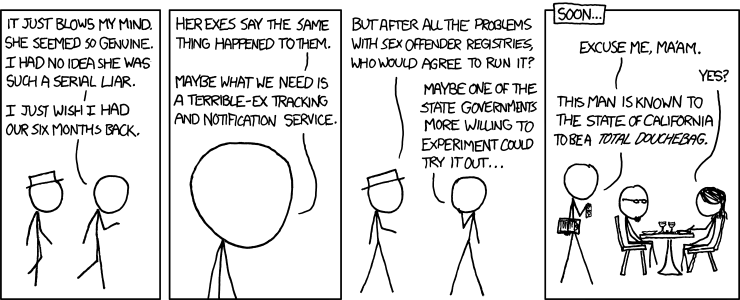British police forces may be starting to accept that photography is legal in public spaces, but the Sussex police have come up with a new and sneaky way to get between photographers and their equipment:
According to a statement by Sussex Police: “Under Section 19 of the Police and Criminal Evidence Act [1984], an officer policing the event seized a video tape from a member of the public. Section 23 of the Act states that this can take place in ‘any place’, providing the officer is lawfully there and has reasonable grounds to believe it provides evidence of a criminal offence.
“The officer reasonably believed the tape contained evidence of a protester being assaulted by someone taking part in the march. It has been seized temporarily to ensure that evidence cannot be inadvertently lost or altered and will be returned, intact, to the owner as soon as possible.”
See, the very worst people to leave in charge of the camera or the storage media are the photographers: those people always take photos just to delete them, out of spite. The plod are totally within their rights to confiscate safeguard it, just to preserve the evidence.
Good luck on getting it back in working order, of course.
Update, 9 September: Jane Fae Ozimek updates the original story with a bit of additional information:
The police officer taking the film claimed legal justification under Section 19 of the Police and Criminal Evidence Act 1984, which permits the police to seize film or memory sticks discovered “under lawful search” and where there are reasonable grounds to believe they provide evidence of a criminal offence.
So far, so straightforward. However, under s.14 of the same legislation, police may not remove “special procedure material” of a journalistic nature without a warrant. The question therefore arises whether Williams’ filming efforts, even though he does not describe himself as “a journalist”, is nonetheless of a journalistic nature.
The waters are further muddied by a letter sent out just four days earlier by Andy Trotter, Chair of ACPO’s Media Advisory Group to all Chief Constables. In it, Mr Trotter reminds police chiefs that there are no powers to prevent the public from taking photographs in a public place. Significantly, he goes on: “We must acknowledge that citizen journalism is a feature of modern life.”
“Once an image has been recorded, the police have no power to delete or confiscate it without a court order.”
Update, 10 September: Clarifying the clarification to the declaration, or something. The Register is still on the case:
It would appear that at this point alarm bells started ringing at ACPO HQ, and late yesterday afternoon we received a further communication from ACPO. A spokeswoman told us: “We have clarified our guidance note to forces, however, as this does not affect the legal right of officers to seize photographic equipment in certain circumstances, such as during the course of a criminal investigation.
“While it is the job of police officers to be vigilant, to keep an eye out for any suspicious behavior and to act accordingly, we have been very clear in expressing our view that the taking of photographs is not normally a cause for concern. Whether s.19 PACE was used appropriately in the case in question would ultimately be a matter for Sussex.”
More to the point, Trotter’s freshly updated advice has been re-issued and now reads: “Once an image has been recorded the police have no power to delete it without a court order; this does not however restrict an officer’s power to seize items where they believe they contain evidence of criminal activity.”
For those readers too busy to play compare and contrast, the original guidance stated that the police have no power to confiscate recorded images, whereas the clarified guidance explains that they have. Clear?




